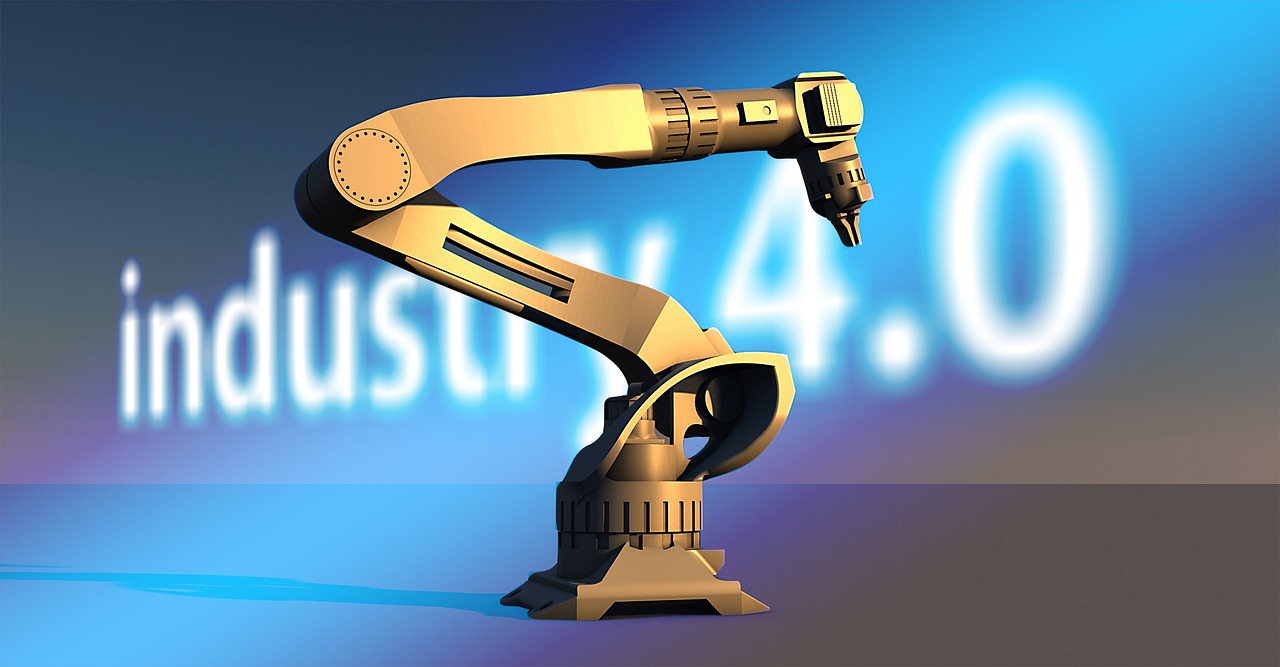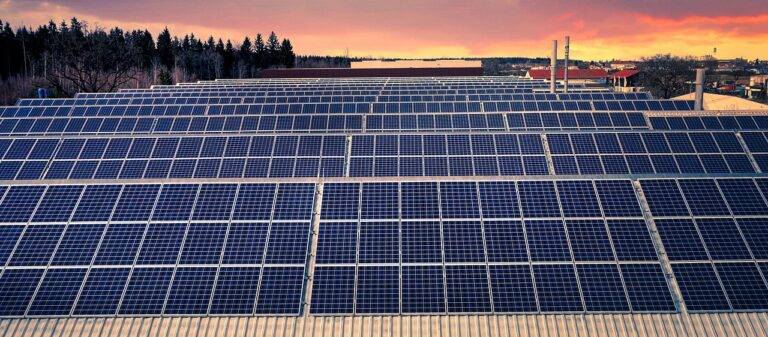How Automation is Changing Manufacturing
Automation has been a game-changer in the manufacturing industry, revolutionizing the way products are produced. From robotic arms assembling cars to automated machines packaging goods, automation has significantly impacted the efficiency, productivity, and quality of manufacturing processes. In this article, we will delve into how automation is changing the face of manufacturing and shaping the future of the industry.
Increased Efficiency
One of the most significant benefits of automation in manufacturing is the increased efficiency it brings to the production process. Automated machines and robots can perform tasks much faster and more accurately than human workers, leading to higher productivity levels and reduced lead times. This not only helps manufacturers meet their production targets but also allows them to respond to changing market demands more effectively.
Improved Quality Control
Automation systems are equipped with sensors and cameras that can detect defects and errors in real time, ensuring that only high-quality products are produced. This level of precision and accuracy is difficult to achieve with manual labor, making automation an essential tool for maintaining consistent quality standards in manufacturing.
Cost-Effective Manufacturing
While the initial investment in automation technology can be significant, the long-term cost savings are considerable. Automated systems can operate 24/7 without breaks or vacations, reducing labor costs and minimizing the risk of human error. This results in lower production costs and higher profit margins for manufacturers.
Flexibility and Customization
Automation in manufacturing is not just about mass production; it also allows for greater flexibility and customization. With advanced robotics and software, manufacturers can easily reconfigure production lines to accommodate different products or make adjustments to meet specific customer requirements. This agility is crucial in today’s fast-paced and ever-changing market.
Impact on the Workforce
While automation brings numerous benefits to the manufacturing industry, it also raises concerns about the future of the workforce. Many fear that automation will lead to widespread job losses as machines replace human workers. However, experts believe that automation will create new job opportunities in areas such as programming, maintenance, and supervision of automated systems.
Environmental Sustainability
Automation can also have a positive impact on the environment by reducing waste, energy consumption, and emissions. Automated systems are designed to optimize resource usage and minimize environmental impact, making manufacturing processes more sustainable and eco-friendly.
Challenges and Considerations
Despite its many benefits, automation in manufacturing is not without its challenges. Implementing automation systems requires careful planning, investment, and training to ensure successful integration into existing processes. Manufacturers must also consider cybersecurity risks, maintenance costs, and regulatory compliance when adopting automation technology.
Future Trends in Automation
The future of automation in manufacturing is promising, with emerging technologies such as artificial intelligence, Internet of Things (IoT), and 3D printing revolutionizing the industry. These advancements will further enhance the capabilities of automation systems, enabling manufacturers to achieve higher levels of efficiency, customization, and sustainability.
FAQs
What are the main benefits of automation in manufacturing?
The main benefits of automation in manufacturing include increased efficiency, improved quality control, cost-effective production, flexibility, and customization.
How does automation impact the workforce in manufacturing?
Automation in manufacturing may lead to job displacement in some areas, but it also creates new job opportunities in programming, maintenance, and supervision of automated systems.
What are the challenges of implementing automation in manufacturing?
Challenges of implementing automation in manufacturing include initial investment costs, workforce training, cybersecurity risks, maintenance costs, and regulatory compliance.
What are some future trends in automation in manufacturing?
Future trends in automation in manufacturing include the integration of artificial intelligence, Internet of Things (IoT), and 3D printing technologies to enhance efficiency, customization, and sustainability.





